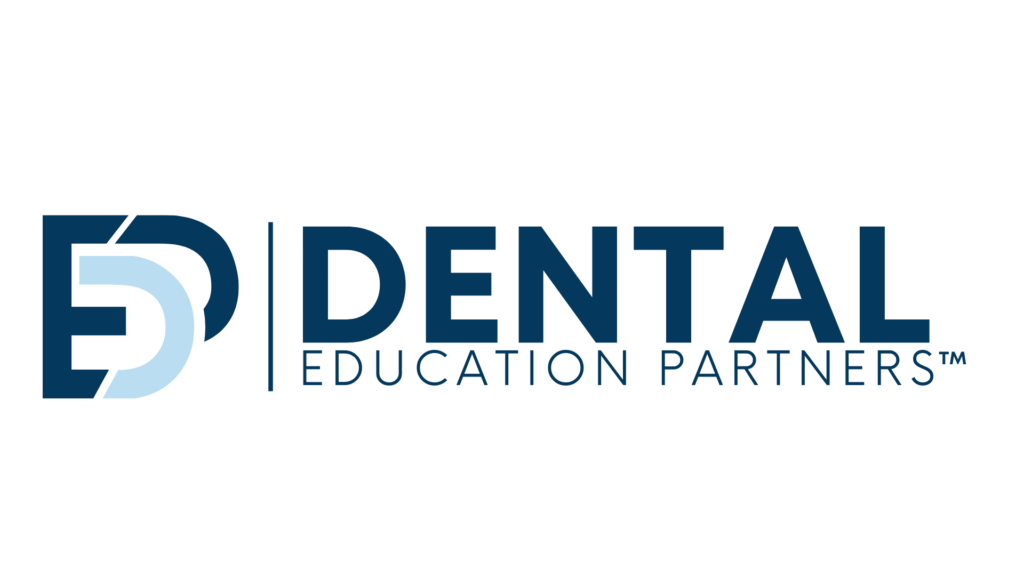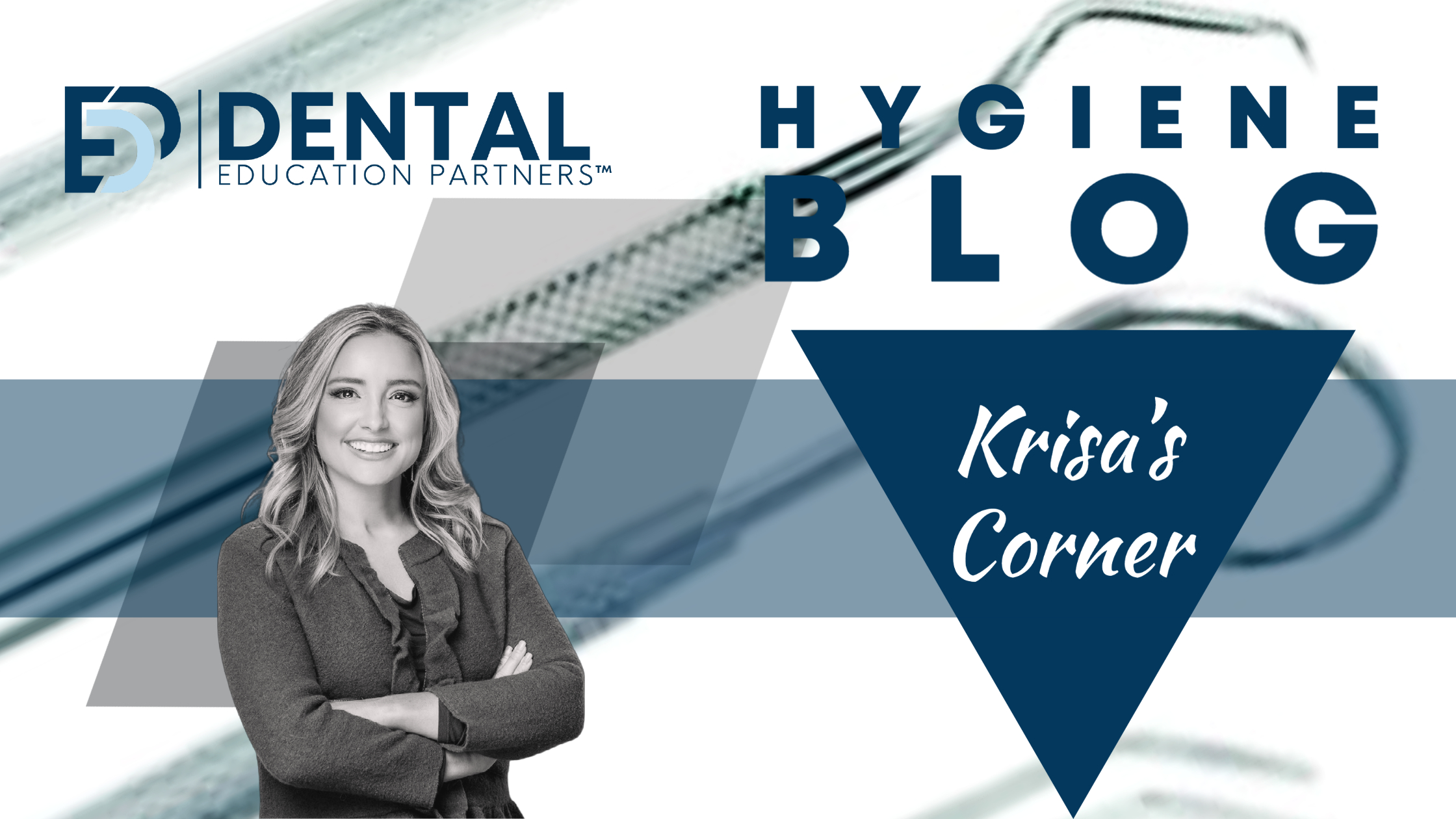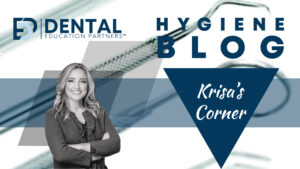Nutrition Month is a time dedicated to raising awareness about the importance of making informed food choices and developing healthy eating habits. While we often associate nutrition with our physical well-being, it’s crucial to recognize its profound impact on another aspect of our health: our oral health. Indeed, what we eat plays a significant role in maintaining strong teeth and gums, preventing oral diseases, and promoting overall dental well-being.
The Connection Between Nutrition and Oral Health
The mouth serves as the entry point for food consumption, making it essential to understand how our dietary choices affect oral health. The foods and beverages we consume can either support or undermine the health of our teeth and gums. Sugary and acidic foods, for instance, can contribute to tooth decay and erosion, while nutrient-rich foods can help strengthen tooth enamel and prevent gum disease.
Nutrients Essential for Oral Health
Calcium: This mineral is crucial for maintaining strong teeth and bones. Dairy products like milk, yogurt, and cheese are excellent sources of calcium, but for those following a plant-based diet, fortified non-dairy alternatives and leafy green vegetables like kale and broccoli are great options.
Vitamin D: Working alongside calcium, vitamin D helps to enhance calcium absorption, promoting healthy teeth and bones. Fatty fish, egg yolks, and fortified foods like cereals and orange juice are good sources of vitamin D.
Vitamin C: Found abundantly in fruits and vegetables, vitamin C is essential for gum health. It helps to strengthen blood vessels and connective tissue, reducing the risk of gum inflammation and bleeding. Citrus fruits, strawberries, bell peppers, and broccoli are rich sources of vitamin C.
Phosphorus: This mineral works with calcium to build and maintain strong teeth. Incorporate phosphorus-rich foods such as lean meats, poultry, fish, nuts, and seeds into your diet to support optimal oral health.
Water: Staying hydrated is crucial for saliva production, which helps to rinse away food particles and bacteria, maintaining a clean and healthy mouth. Choose water as your primary beverage choice throughout the day to promote oral hydration and reduce the risk of dry mouth. Avoid water with high acidity. For more info: Bottled Water pH Levels: We Tested 33 Brands – Water Treatment (purewaterblog.com)
Foods to Limit or Avoid
While certain foods can bolster oral health, others can pose risks. Sugary snacks and beverages, such as candies, sodas, and pastries, can fuel the growth of harmful bacteria in the mouth, leading to tooth decay and cavities. Additionally, acidic foods and drinks like citrus fruits and carbonated beverages can erode tooth enamel over time, increasing susceptibility to dental erosion and sensitivity.
Practical Tips for Maintaining Oral Health Through Nutrition
Balance your plate: Aim for a balanced diet that includes a variety of nutrient-dense foods from all food groups, including fruits, vegetables, whole grains, lean proteins, and dairy or dairy alternatives.
Limit sugary snacks: Aim for healthier alternatives like fresh fruits, vegetables, nuts, or yogurt when craving a snack. If you indulge in sweets, try to consume them with meals rather than as standalone snacks to minimize their impact on teeth.
Practice good oral hygiene: Brush your teeth twice daily with fluoride toothpaste, floss daily, and visit your dentist regularly for check-ups and cleanings to maintain optimal oral health.
Be mindful of frequency: It’s not only what you eat but also how often you eat that affects oral health. Limit between-meal snacking and avoid sipping acidic beverages throughout the day to reduce exposure to harmful substances.
Consider chewing sugar-free xylitol gum: Chewing sugar-free gum can stimulate saliva production, which helps to neutralize acids, remineralize tooth enamel, and rinse away food debris, promoting a healthier oral environment.
In conclusion, National Nutrition Month is a timely reminder of the intricate relationship between nutrition and oral health. By making informed food choices and prioritizing nutrient-rich foods, we can nourish our bodies and our smiles. Remember, a healthy mouth is an integral part of overall well-being. Let’s celebrate National Nutrition Month by embracing habits that promote optimal oral health for a lifetime of smiles.


